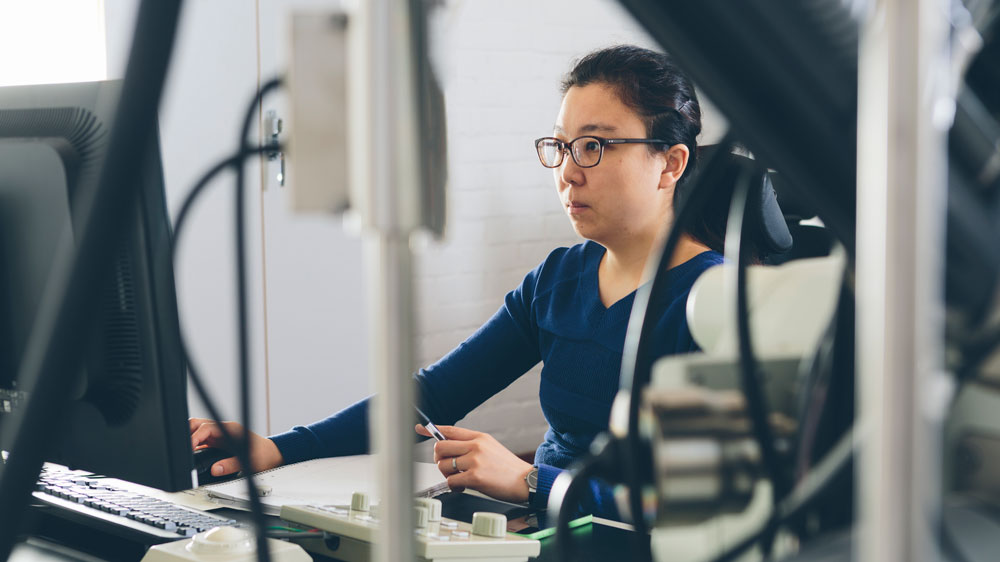KTH part of major Swedish investment in materials research

Three research platforms from KTH Royal Institute of Technology are part of a significant investment in materials research for sustainability in Sweden. The Wallenberg Initiative Materials Science for Sustainability (WISE) is investing SEK 500 million in equipment and infrastructure across seven universities in Sweden.
The investment will boost the transition to newer, greener and more advanced materials. To accelerate this transition, infrastructures for cutting-edge research are needed.
WISE is funded by the Knut and Alice Wallenberg Foundation with a total budget of almost SEK 3 billion for 2022-2033.
Collaboration with several universities
WISE is funding a number of research platforms or infrastructures which involve complementary sets of equipment at different universities.
KTH will host three of the invested platforms:
Materials Fabrication will help develop new atomically engineered 2D and 3D materials aimed at sustainable solutions in electronics, photonics, and energy conversion. The funding means researchers will continue to benefit from the open access and support provided by the KTH-Albanova Nanolab, part of the national network for micro- and nano-fabrication MyFab. The platform is headed by Vladislav Korenivski , professor of physics at KTH.
Electron Microscopy Platform will develop Transmission Electron Microscopy facilities at KTH, Lund University and Stockholm University. Transmission Electron Microscopes are extremely powerful instruments that use electrons to study materials at incredibly small scales, all the way down to individual atoms. This means it is possible to analyse various parts of a material such as micro- and nanostructure, crystallography, defects, composition, chemical bonds, coordination numbers, band gaps, plasmons and phonons. The microscope will become part of KTH’s own Hultgren laboratory in addition to the national infrastructure ARTEMI. KTH’s contributions will be managed by professor Peter Hedström . A researcher responsible for the instrument will be recruited during 2024.
High-field Materials NMR and MRI will be a springboard for getting previously inaccessible insights into many different materials, such as the effect of operation and ageing on different components within a battery. Solid-state Nuclear Magnetic Resonance (ssNMR) offers unique access to atomic-level information on local chemical structure and dynamics. Magnetic resonance micro-imaging (micro-MRI) is a related methodology that can be performed using the same instrumentation. The funding from WISE will support establishing a system with a combination of capabilities currently missing in the Nordic countries. The platform is headed by István Furó , professor of physical chemistry at KTH, and professor Niklas Hedin at Stockholm University.
About WISE
WISE is a collaboration between Chalmers University of Technology, KTH, Linköping University, Luleå University of Technology, Uppsala University, Stockholm University, Lund University, and with selected research groups at Karlstad University, Umeå University and Örebro University.
Through collaborations with industry and society, WISE will promote and activate a transition to a sustainable society while advancing the scientific frontier in materials science, establishing Sweden as a leading nation in the field.
"We are very enthusiastic about this investment in infrastructures and equipment, and we are convinced that they will have a huge impact and accelerate the transition," say Magnus Berggren and Olle Eriksson, Director and Deputy Director of WISE, respectively.
Text: Sturle Hauge Simonsen ( sturle@kth.se )
